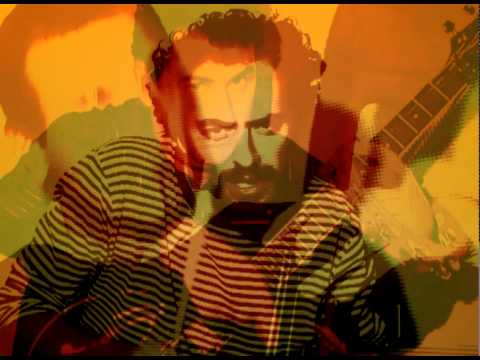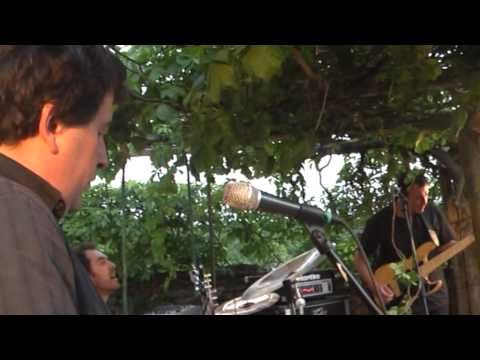Žoambo Žoet Workestrao
-
to
23 May 2014
25 May 2014
SerbiaBelgradeKC RexConcerts by Broken.Heart.Collector with Maja Osojnik (Maja Osojnik Band) and Žoambo Žoet Workestrao at the Ring Ring Festival
Biography
After one of their songs appeared on a compilation No Border Jam No. 2 in 1993, they were proclaimed as "the most important novum on the independent music scene". Then having another drummer (Erik Muševič), the band released their first album in 1994. It was called Kabelski kresovi [Cable bonefires] and was recorded at the MKNŽ in Ilirska Bistrica, where they also had their first official concert.
A year later, a collaboration with similarly radical musicians from Slovenia and Croatia resulted in a compilation called Druga Liga [Second League], released by Zveza plemenskih skupnosti in vračev (The Association of Tribal Communities and Shamans). In the second half of the 1990s, the band recorded their third album, appeared on various compilations and toured a lot, regularly going across the border, mostly to Hungary, Croatia and Italy. In 2000, they started an alternative label and underneath its wing publish another compilation featuring their music and also records by some other artists.
In 2004 they made a new record called Svakoga dana u svakom pogledu sve manje nazadujem [Everyday in Every Sense I Less Regress], first published as a D-I-Y but later taken by the Canadian label Manufracture and then again another one in 2008, this one on the Radio Študent house label. Both albums received general critical acclaim, the later one even being proclaimed by Radio Študent as the best Slovene album of 2008. In 2012 the band released Soap For Sweatshops, another acclaimed CD, for Sploh Institute.
Other activities
Establishing the Society for the Protection of Atheistic Feelings (DZAČ), Ivo and Gregor played an active role in socially progressive movements of that time. Besides writing for various publications, they were part of the team that established the club Menza pri koritu (Ivo still partly manages the program there) and it can be safely stated that both are a notable part of the Metelkova alternative arts scene. As for Marjan Stanič, it is even safer to assume he is one of the best Slovene drummers, an all-rounder who is a part of Lolita, Bratko Bibič & The Madleys, Čompe, Vasko Atanasovski Trio, and many other bands and projects.
An excerpt of a Žoambo Žoet Workestrao live performance in 2011.



